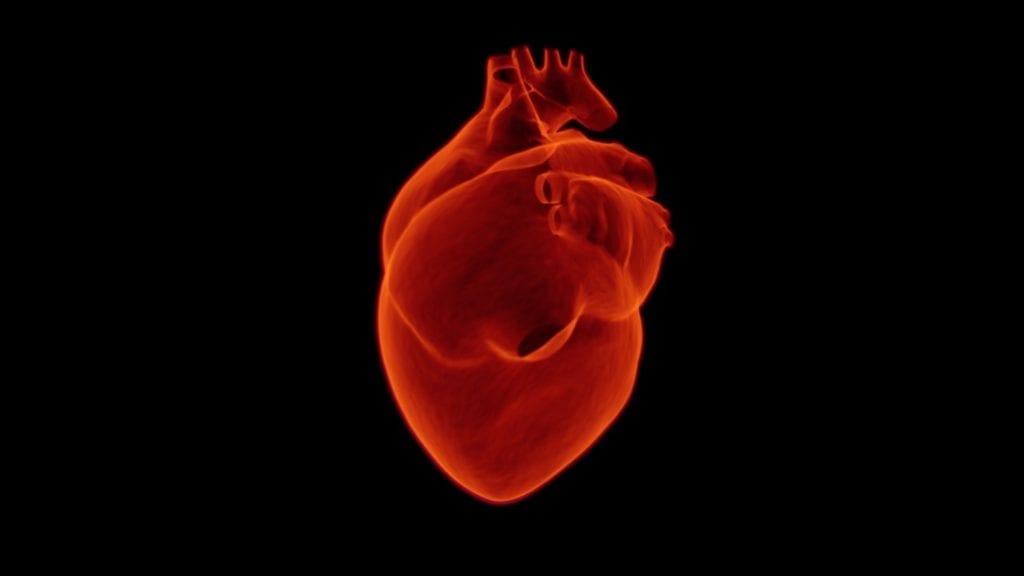Gene therapy has the potential to improve outcomes among individuals across various disease spectrums. In the case of clinical-stage biotechnology company Rocket Pharmaceuticals, the company is working to develop gene therapy solutions for rare inherited genetic diseases such as plakophilin-2-related arrhythmogenic cardiomyopathy (PKP2-ACM). Healio Cardiology recently reported that Rocket Pharmaceuticals’ candidate RP-A601 received both Orphan Drug and Fast Track designations from the U.S. Food and Drug Administration.
Fast Track and Orphan Drug Designations: An Overview
So, what are these designations, and why are they so important?
Fast Track designation, requested by the drug development company (in this case, Rocket Pharmaceuticals), is designed to get important therapies into the hands of patients more quickly by speeding up the drug review process. Therapies that receive this designation are believed to fill an unmet need, overcome current barriers to care, or even improve the diagnostic journey. This status also comes with benefits such as more frequent FDA communication, Rolling Review, and Priority Review and Accelerated Approval eligibility. Learn more about Fast Track designation here.
Orphan Drug designation is given to drugs or biologics intended to assist with treatment, diagnosis, or prevention in the rare disease sphere. This designation comes with benefits such as fee waivers, tax credits, and up to seven years of market exclusivity upon the drug’s approval.
Both of these designations have the potential to facilitate the development and advancement of important therapeutics for rare diseases.
About RP-A601 for PKP2-ACM
Rocket Pharmaceuticals describes RP-A601 as:
an investigational gene therapy consisting of a recombinant adeno-associated serotype rh74 (AAVrh74) capsid containing a functional version of the human PKP2 transgene (AAVrh74.PKP2) which is administered via a single intravenous infusion.
Since PKP2 arrhythmogenic cardiomyopathy results from PKP2 mutations, Rocket Pharmaceuticals hopes that this therapy can provide a healthy copy of PKP2 and thus relieve symptoms, stop disease progression, and improve patient health.
Moving forward, Rocket Pharmaceuticals hopes to launch a Phase 1 study to evaluate safety, efficacy, and the ideal dose for continued testing.
Understanding PKP2 Arrhythmogenic Cardiomyopathy
Also known as arrhythmogenic right ventricular cardiomyopathy (ARVC), PKP2 arrhythmogenic cardiomyopathy is an inherited form of heart disease that often affects adults, though it may occur in people between the ages of 10-50. If you have a family member with this disease, you have a higher risk of having it. The gene mutations cause fatty and fibrous tissue to replace the myocardium (the muscular tissue of the heart). As a result, the heart muscle becomes weaker; abnormal electric signals may also cause irregular heart rhythms to occur, increasing the risk of potentially serious health issues. This often begins in the right ventricle though the left ventricle can also be affected.
Symptoms of PKP2 arrhythmogenic cardiomyopathy vary in severity from person-to-person. Potential symptoms may include:
- Heart palpitations
- Dizziness
- Chest pain
- Shortness of breath that worsens with exertion or while lying down
- Light-headedness and/or fainting
- Fatigue
- Swelling of the lower extremities
- Chronic cough
- Heart failure
- Sudden death
Treatment varies. Many people with this condition use an implantable cardioverter defibrillator, which may reduce the risk of sudden death. Other treatment options include diuretics to reduce swelling, ACE inhibitors, blood thinners, beta-blockers, antiarrhythmics, and catheter ablation. Learn more about PKP2 arrhythmogenic cardiomyopathy here.






